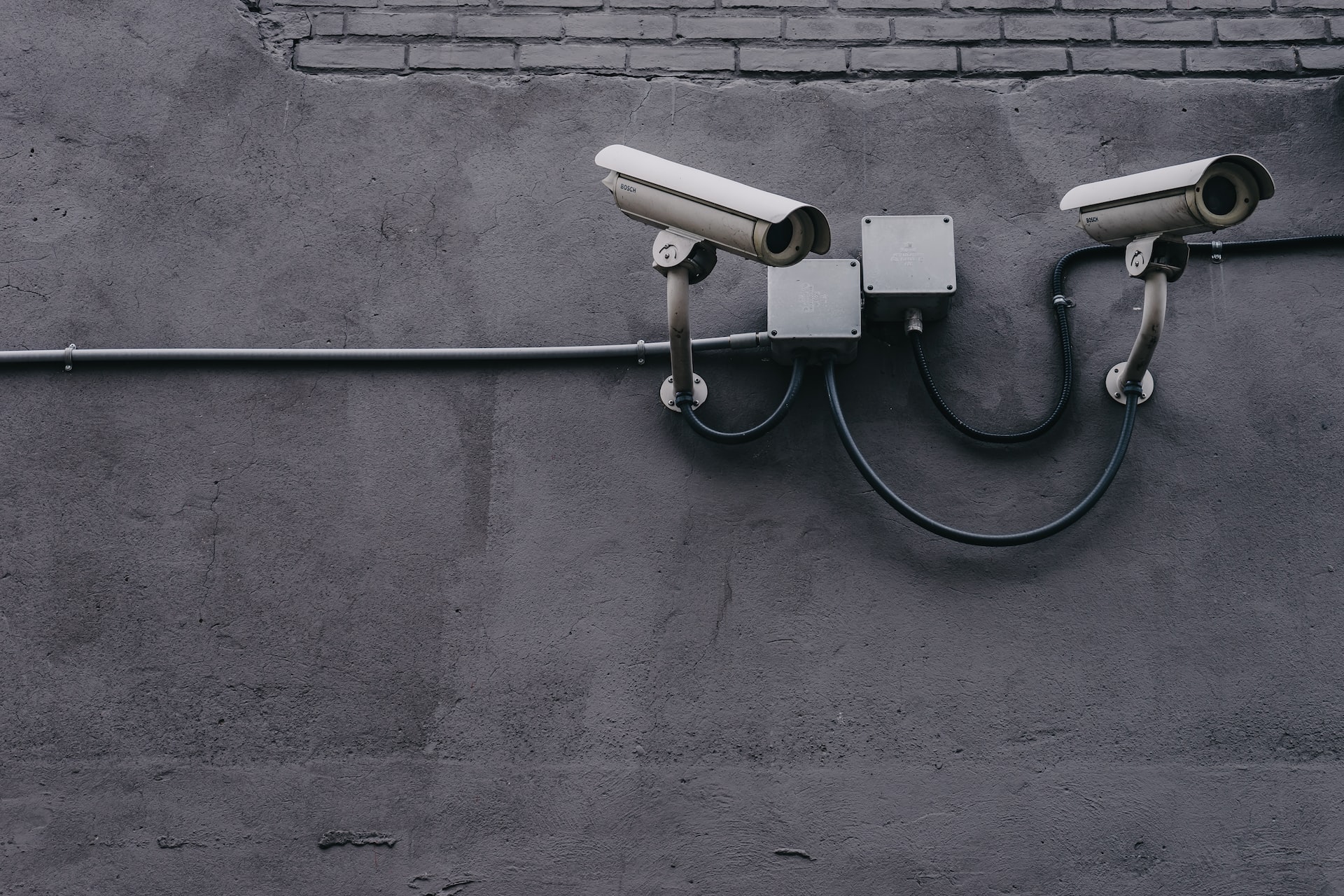Small businesses are the backbone of our economy, but unfortunately, they are also a prime target for cybercriminals. As a small business owner, you may think that cybersecurity is only necessary for large corporations. However, the truth is that small businesses are just as vulnerable to cyber-attacks as larger companies, and in some cases, they may be even more at risk.
In this article, we will explore why small businesses need cybersecurity, the potential risks they face, and how to protect your business.
Small businesses are at risk
Small businesses are more likely to be targeted by cybercriminals than larger businesses. According to a report by Verizon, 43% of cyber-attacks target small businesses. The reason for this is that many small businesses lack the necessary resources and knowledge to protect themselves from cyber threats.
Why Cybersecurity is Important for Small Businesses
Cybersecurity is important for small businesses for several reasons. First, cyber-attacks can result in the loss of sensitive data, such as customer information and financial records. This can be disastrous for small businesses, as they may not have the financial resources to recover from a data breach.
Second, cyber-attacks can damage the reputation of a small business. If a small business suffers a data breach, customers may lose trust in the business and take their business elsewhere. This can be particularly damaging for small businesses that rely on word-of-mouth referrals to generate business.
Common Cybersecurity Threats for Small Businesses
Small businesses are vulnerable to a variety of cyber threats, including:
- Phishing attacks
- Malware
- Ransomware
- Social engineering
- Insider threats
- Password attacks
Phishing attacks are one of the most common types of cyber-attacks targeting small businesses. In a phishing attack, cybercriminals send an email or message that appears to be from a reputable source, such as a bank or social media site. The message typically asks the recipient to click on a link or enter personal information, which can then be used to steal their identity or compromise their device.
Malware is another common type of cyber-attack that targets small businesses. Malware can be introduced to a business's system through email attachments or downloads from the internet. Once malware is installed, it can be used to steal sensitive data or take control of a device.
Ransomware is a type of malware that is used to encrypt a business's data and demand a ransom to restore access. This type of attack can be particularly devastating for small businesses that may not have the financial resources to pay the ransom.
Tips for Protecting Your Small Business from Cyber Threats
There are several steps that small businesses can take to protect themselves from cyber threats, including:
- Install antivirus software and keep it up-to-date
- Use strong passwords and two-factor authentication
- Train employees on cybersecurity best practices
- Regularly back up important data
- Use a virtual private network (VPN) when accessing sensitive data
- Monitor your network for suspicious activity
Frequently Asked Questions (FAQs) about Small Business Cybersecurity
What is cybersecurity?
Cybersecurity refers to the protection of computer systems, networks, and sensitive data from unauthorized access, theft, or damage by cybercriminals.
Why do small businesses need cybersecurity?
Small businesses are at risk of cyber-attacks that can result in data breaches, financial loss, and damage to their reputation. Cybersecurity helps to protect small businesses from these threats.
What are some common cyber threats that small businesses face?
Small businesses are vulnerable to a variety of cyber threats, including phishing attacks, malware, ransomware, social engineering, insider threats, and password attacks.
How can small businesses protect themselves from cyber threats?
Small businesses can protect themselves from cyber threats by installing antivirus software, using strong passwords and two-factor authentication, training employees on cybersecurity best practices, regularly backing up important data, using a VPN when accessing sensitive data, and monitoring their network for suspicious activity.
How much does cybersecurity cost for small businesses?
The cost of cybersecurity for small businesses varies depending on the size and complexity of the business. However, investing in cybersecurity is essential for protecting your business from potential cyber threats.
Protect Your Small Business from Cyber Threats
In conclusion, small businesses need cybersecurity to protect themselves from potential cyber threats. Cyber-attacks can result in the loss of sensitive data, financial loss, and damage to a small business's reputation. Small businesses can protect themselves by taking steps such as installing antivirus software, using strong passwords, training employees on cybersecurity best practices, and monitoring their network for suspicious activity.
Investing in cybersecurity is essential for the long-term success of your small business. Don't wait until it's too late to protect your business from cyber threats. Start implementing cybersecurity measures today to ensure the safety and security of your business.



